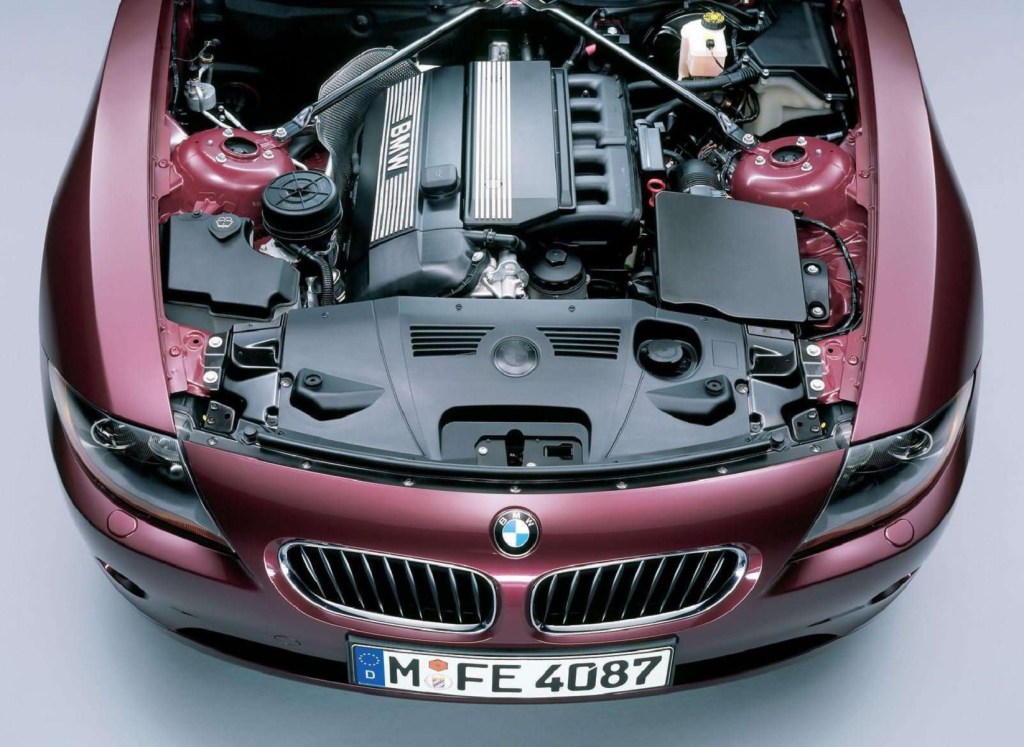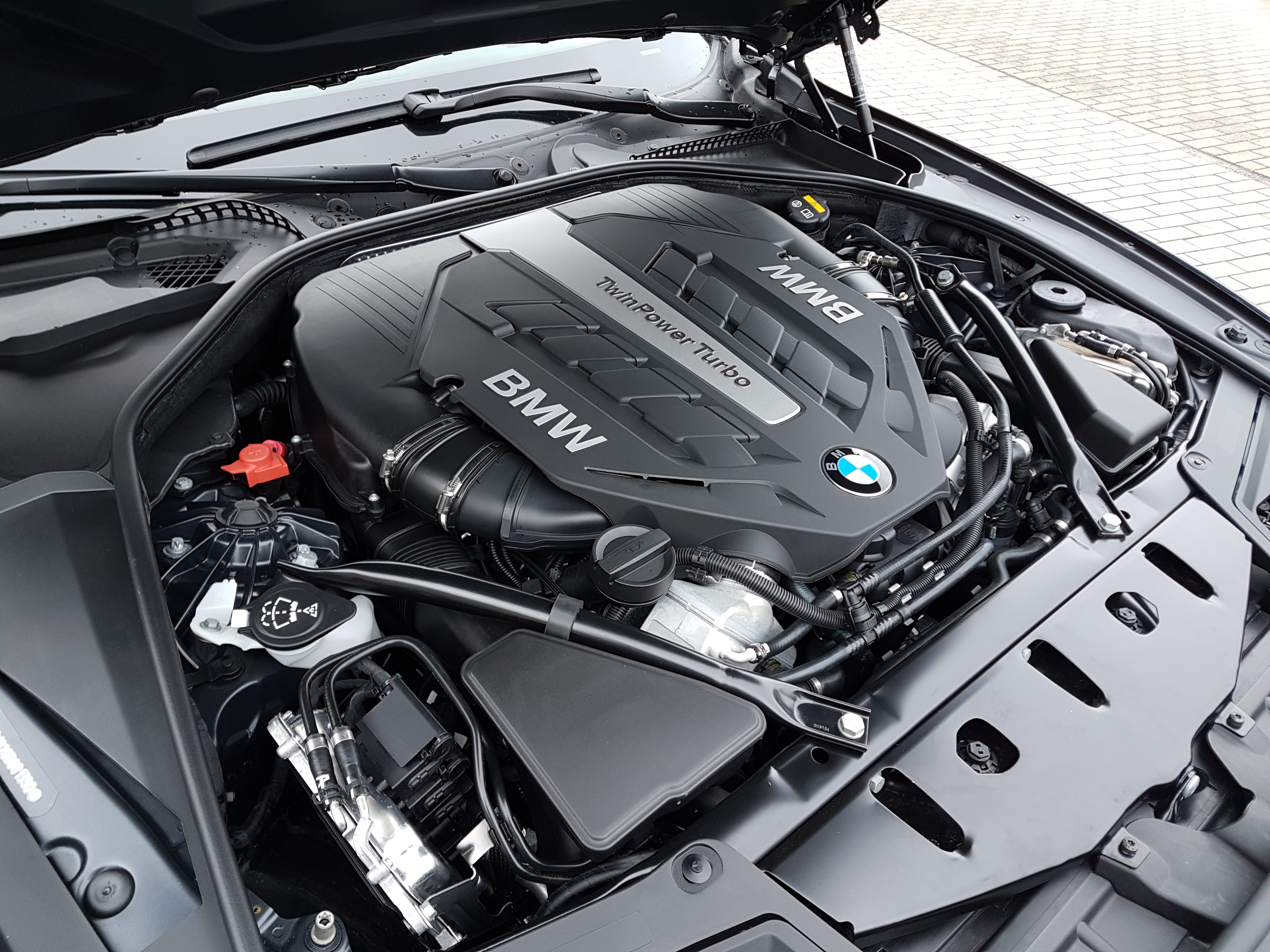A Beginner's Overview to Choosing the Right BMW Engine for Your Requirements
A Beginner's Overview to Choosing the Right BMW Engine for Your Requirements
Blog Article
Revealing the Intricacies of Next-Generation Power Units: a Deep Dive Into Advanced Engine Styles and Developments
As we stand on the precipice of a brand-new age in transport, the ins and outs of next-generation engine layouts beckon us to discover the cutting-edge technologies and developments that promise to redefine the driving experience. Delving deeper into the realms of exhaust control, smart engine monitoring systems, and the perspective of power system advancement, we find ourselves on the cusp of a change that guarantees to reshape the landscape of flexibility as we recognize it.
Evolution of Engine Materials

The shift in the direction of advanced engine products has additionally allowed designers to make engines with greater power results while keeping fuel effectiveness standards. The usage of lightweight materials decreases the overall weight of the engine, leading to enhanced fuel economic climate and lower emissions. In addition, innovations in materials innovation have actually enabled much better thermal monitoring within engines, leading to boosted reliability and longevity.
Turbocharging and Supercharging Technologies
Just How do Turbocharging and Supercharging Technologies change engine performance and efficiency in modern vehicles? Supercharging and turbocharging are innovations that substantially boost engine efficiency by enhancing the amount of air consumption into the burning chamber. Turbocharging accomplishes this by utilizing a generator driven by exhaust gases to pressurize the consumption air, while turbo charging uses a belt- or chain-driven compressor to attain the same impact.
These technologies make it possible for smaller sized, more fuel-efficient engines to create power equivalent to larger ones, called downsizing. Forcibly more air right into the cylinders, turbocharging and turbo charging improve burning effectiveness, causing raised horse power and torque output without a considerable increase in engine dimension. This leads to better velocity, hauling capability, and total driving efficiency.
Additionally, turbo charging and turbocharging add to enhanced fuel efficiency by allowing the use of smaller sized engines that eat less fuel under normal driving conditions - bmw engine. This mix of boosted performance and effectiveness has actually made turbocharging and turbo charging essential elements of numerous modern-day engine layouts
Emission Control and Environmental Impact
With raising worldwide problems relating to air top quality and environmental sustainability, the execution of emission control technologies in automobiles plays a crucial duty in reducing hazardous pollutants released right into the ambience. Modern lorries are equipped with advanced emission control systems that help reduce the environmental effect of vehicle procedures. Catalytic converters, as an example, are created to transform poisonous gases such as carbon monoxide, nitrogen oxides, and hydrocarbons into much less dangerous materials like carbon dioxide and water vapor.
In addition, innovations in engine modern technology, such as the integration of exhaust gas recirculation systems and discerning catalytic decrease, have actually significantly contributed to lowering discharges. These innovations work in tandem to maximize burning performance and reduce the launch of unsafe toxins into the air. In addition, the development of crossbreed and electric vehicles represents a critical step in the direction of minimizing the general environmental footprint of the transportation sector.
Intelligent Engine Monitoring Systems

In addition, these systems allow lorries to fulfill rigid exhausts standards without endangering efficiency, giving an extra environmentally friendly driving experience. The combination of synthetic knowledge and device discovering capacities in engine administration systems proceeds to press the limits of what is possible, causing additional enhancements in efficiency, dependability, and overall lorry efficiency. bmw engine. As automobile innovation breakthroughs, intelligent engine management systems will play a crucial duty in forming the future of transportation towards a more effective and lasting instructions
Future Trends in Power Unit Growth
As intelligent engine administration systems pave the means for enhanced control and optimization in contemporary automobiles, future trends in power system growth are positioned to redefine the landscape of automobile propulsion innovations. These alternative power resources provide enhanced performance and performance while aligning with strict ecological guidelines.
Another significant trend is the combination of advanced products and manufacturing techniques. Lightweight materials such as carbon fiber and light weight aluminum are being used to minimize total vehicle weight, enhancing gas performance and efficiency. In addition, like it advancements in 3D printing and additive manufacturing are enabling the manufacturing of complicated engine parts with greater precision and longevity.
Moreover, expert system and maker understanding are playing an important function in optimizing power system performance. These innovations permit real-time surveillance and flexible control, leading to more dependable and effective power distribution. Generally, future trends in power system development are geared towards sustainability, effectiveness, and efficiency, driving the automobile sector towards a brand-new period of propulsion technologies.

Final Thought
In verdict, the innovations in engine materials, turbocharging, emission control, and intelligent management systems have paved the means for next-generation power systems. The intricate designs and technologies in contemporary engines display the ongoing evolution of automobile technology.
Checking out the modern innovations in engine products has actually been critical in improving the efficiency and effectiveness of modern engines. Over the years, the evolution of engine materials has played a critical duty in pushing the limits of what engines can attain.The shift in the direction of progressed engine products has additionally allowed designers to make engines with higher power outcomes while maintaining fuel performance requirements.The execution of smart engine monitoring systems in modern automobiles has revolutionized the method engines are controlled and enhanced for performance and effectiveness. By collecting information in real-time and assessing it with sophisticated formulas, smart engine monitoring systems can adapt to driving styles, environmental variables, and engine health and wellness to make best use of power result while decreasing gas usage and emissions.
Report this page